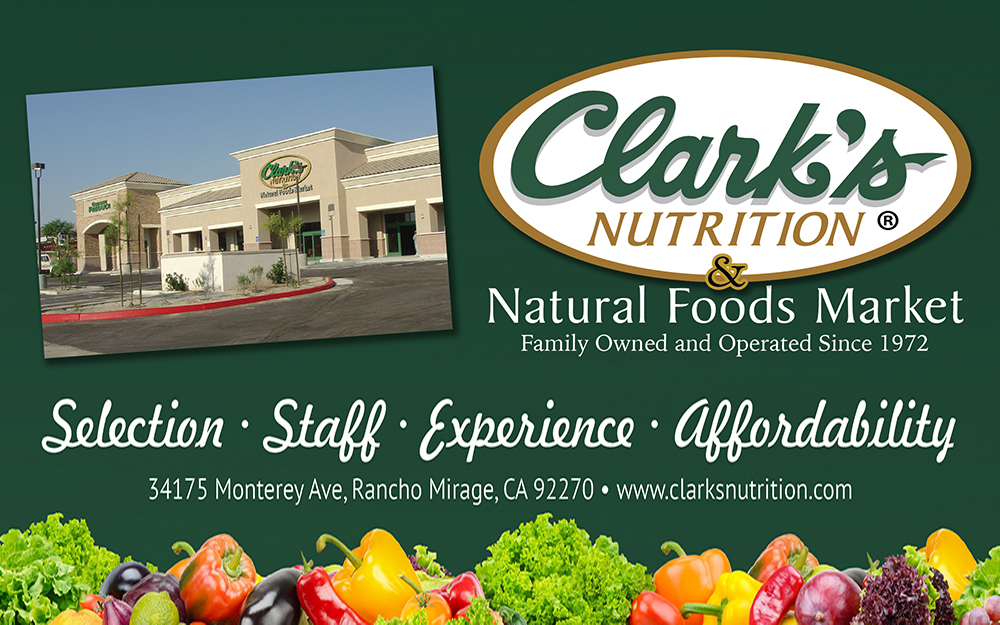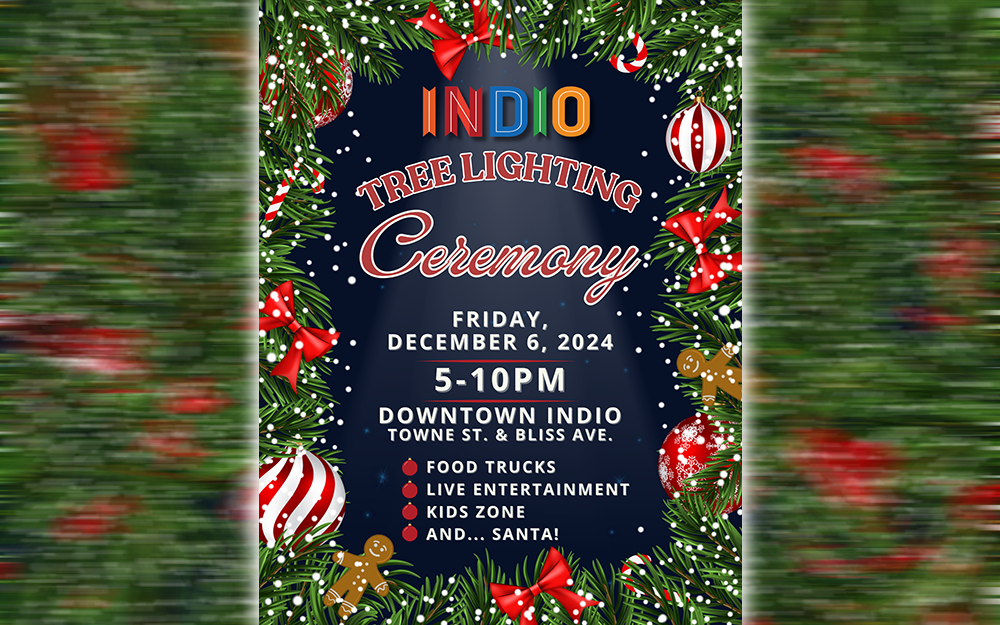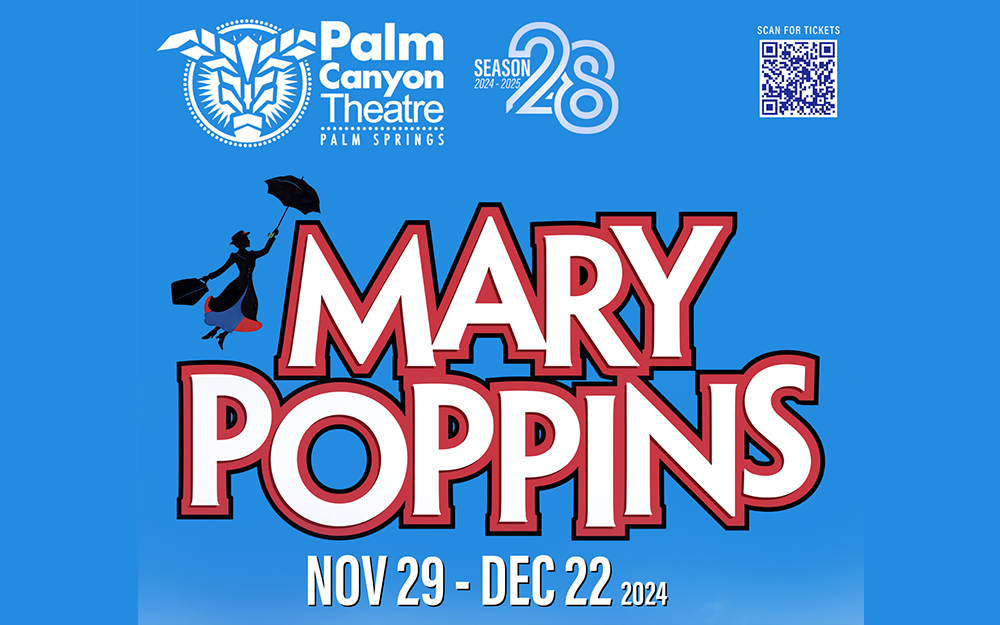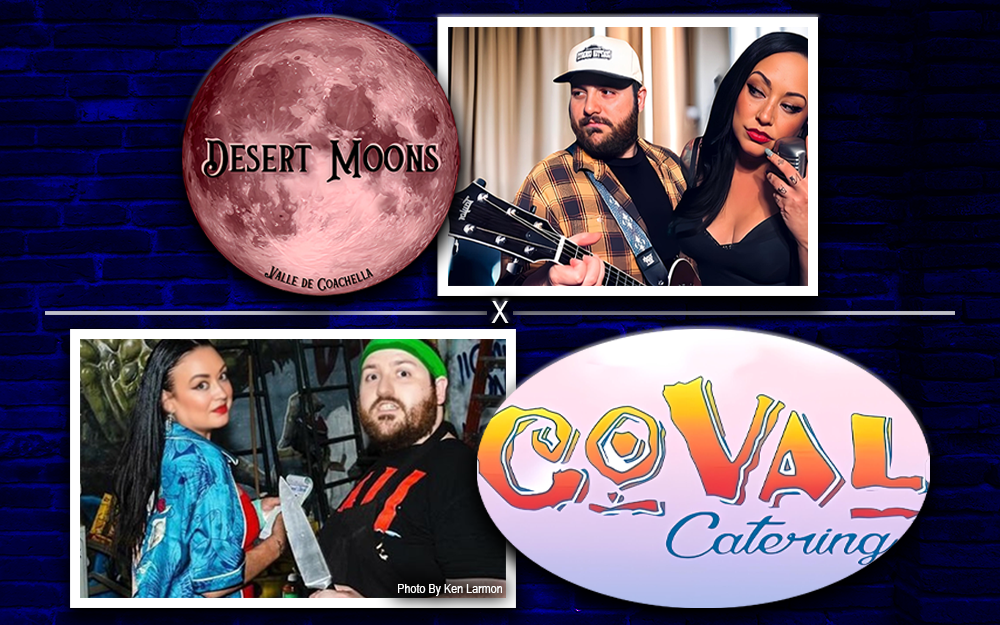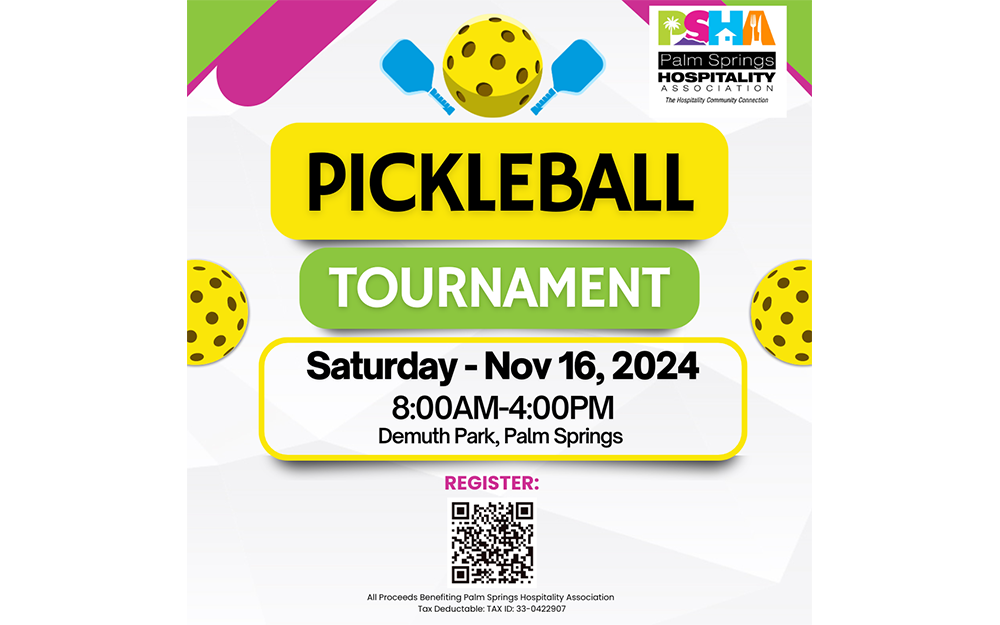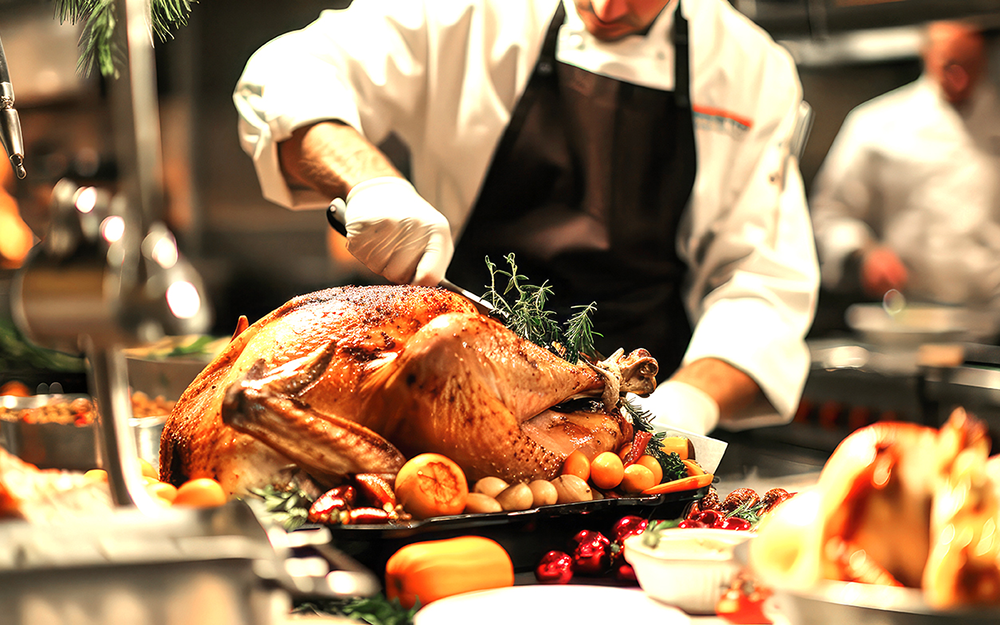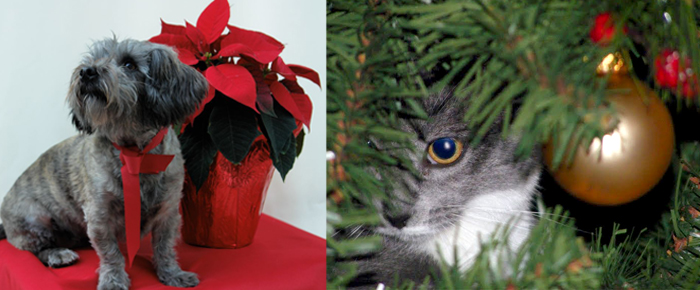
By Janet Mcfee
Did you know that there is a dramatic increase in emergency trips to the vet during the holidays? Thanksgiving has passed, and Christmas and Hanukkah are heading our way in a flurry. Christmas trees are going up, homemade goodies are baked, and holiday lights brighten the desert scene as neighborhoods become festive. The parties are planned, and friends gather to share fun, food, and friendships. In the frenzy of activity, we may overlook some of the dangers the season poses to our four-legged family members. Certain holiday plants, foods, and decorations can pose a serious hazard to cats and dogs.
Curious kittens and puppies can tip over a lighted candle, and not only burn themselves but cause a fire hazard in your home. If you must display lighted candles, keep them far out of reach.
Dogs in particular love table scraps, but it is not advisable to supplement their diet with human holiday treats. Sugar, chocolate, turkey bones and gravy may land your pet in the hospital. Onions, raisins, and grapes are other foods that are toxic for dogs. Onions and garlic contain sulfides which are toxic and can lead to anemia. Nuts, particularly walnuts and macadamia nuts are very dangerous when consumed by dogs. If you are hosting a large party where food is being served, be on the safe side and keep the little critters in a back room so guests won’t be tempted to pass them a treat.
Keep that bowl of candy off the coffee table where pets can reach it. Chocolate in particular is very dangerous for Fluffy and Scruffy. Candies containing the artificial sweetener xylitol can be hazardous, so take care that your pet doesn’t grab that pack of sugarless gum out of your purse.
Holiday plants such as Poinsettias, amaryllis, mistletoe, and holly provide festive greenery. Poinsettias with their bright red flowers are the most festive holiday plant, and while they are not as toxic as we were led to believe in the past, sampling a leaf from one can make your dog mildly ill or cause swelling and itching to the skin.
Much worse than Poinsettias are holly, lilies, and mistletoe. Mistletoe is a favorite for romantics, but ingesting this can cause erratic behavior in your pet and even cardiovascular collapse. Even the berries drop to the floor, you might just want to nix this plant from your holiday list. If you kiss under the mistletoe, keep the plant out of Fido’s reach!
If you put your pet in a holiday costume such a cute Santa suit, make sure the outfit isn’t constricting, annoying or unsafe. It should not constrict the animal’s movement, or impede his ability to breathe, bark or meow. A festive red bandana might be a good alternative to a tight fitting costume.
Lillian Roberts DVM, of Country Club Animal Clinic sees a dramatic influx of 4-legged patients during the season. She advises, “Avoid ornaments or decorations that are small and easy to swallow, as these can quickly lead to intestinal blockage and emergency surgery! This especially includes tinsel, ribbon, and small loose bells which cats find irresistible. I once x-rayed a dog to discover an entire glass ornament, unbroken, just sitting there in the stomach. Surgery was required to get it back out, as it would be for tinsel in cats.”
Dr. Roberts offers more tips to keep your animals safe and healthy this time of year:
1. Unplug the Christmas lights and other electrical decorations when not in attendance. Cords are attractive chew toys for kittens and puppies, and if plugged in can be very dangerous.
2. If you must add something to the water under your tree, make sure it’s not poisonous. Pets WILL drink from this bowl! Likewise, flocked trees are a bad idea in a house with pets.
3. Make time for your pets every day, keeping their routine as normal as possible. Travel can be distressing, whether guests visit you or you take your pet elsewhere. Taking precautions with your pets during the holidays can help ensure that our “furfriends” enjoy a happy season!
Keep you vet’s contact information close at hand at all times of the year. You can reach Country Club Animal Clinic in Palm Desert at (760) 776-7555. Pet emergencies often happen after hours, and there is only one 24-hr animal clinic in the Coachella Valley, VCA on Jefferson Street in Indio, at (760) 342-4711.


